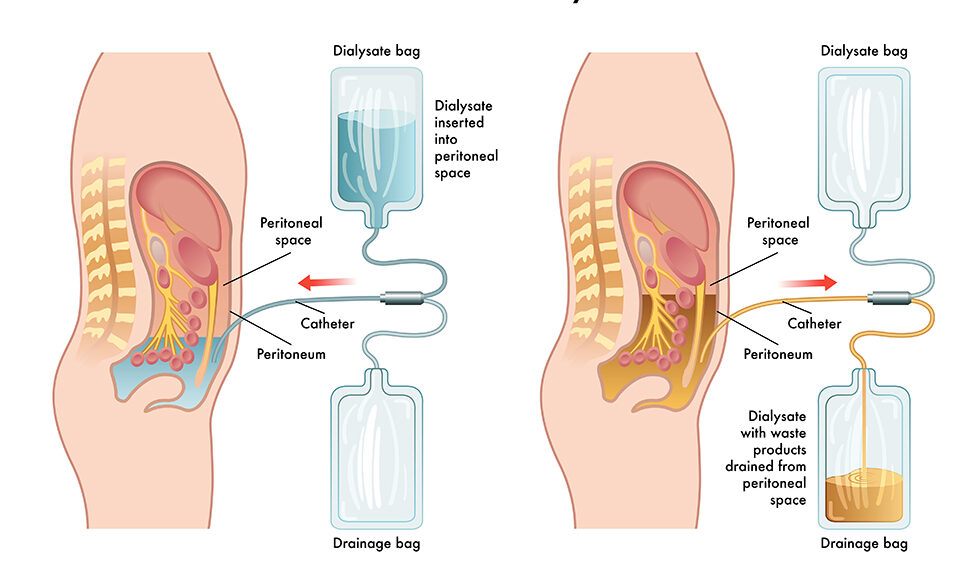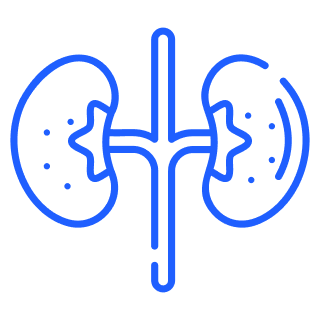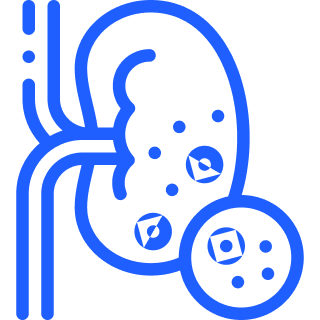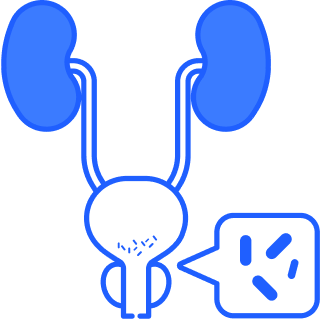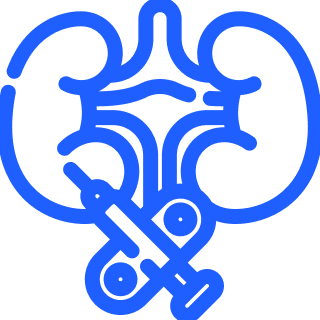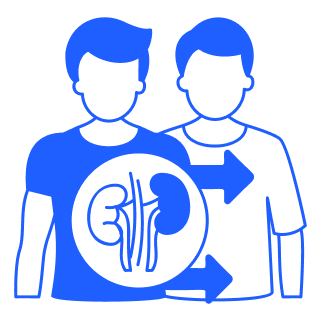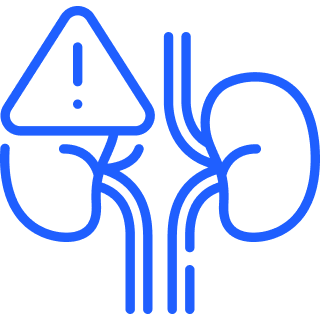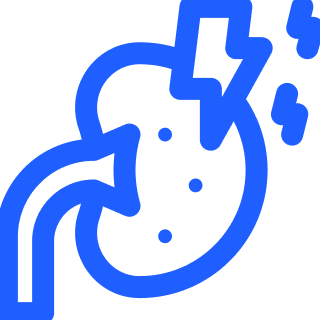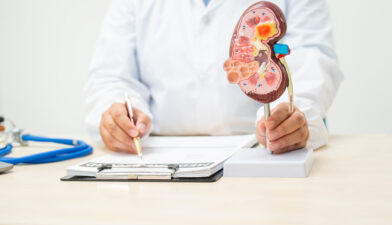Subtotal ₹0.00
Subscribe to out newsletter today to receive latest news administrate cost effective for tactical data.
No 45/2, ward, Room No. 3, Manipal Hospital Survey, 150, Sarjapur - Marathahalli Rd, opposite Iblur, Ambalipura, Bellandur, Bengaluru, Karnataka 560102
Shopping cart
- Home
- About Doctor
- Kidney Diseases
- Acute Kidney Injury
- Chronic Kidney Disease & End Stage Kidney Disease
- Diabetes and Kidney Disease
- Hypertension
- Glomerulonephritis
- Polycystic Kidney Disease
- Kidney Stones – Nephrolithiasis
- Urinary Obstruction
- Urinary Tract Infections
- Electrolyte Abnormalities
- Protein in the urine (proteinuria)
- Blood in the urine (hematuria)
- Diagnostics and Treatments
- Gallery
- Blog
- Contact
- Phone:9108 978787
- SPARSH Hospital (Infantry Road, Sarjapur Main Rd)





